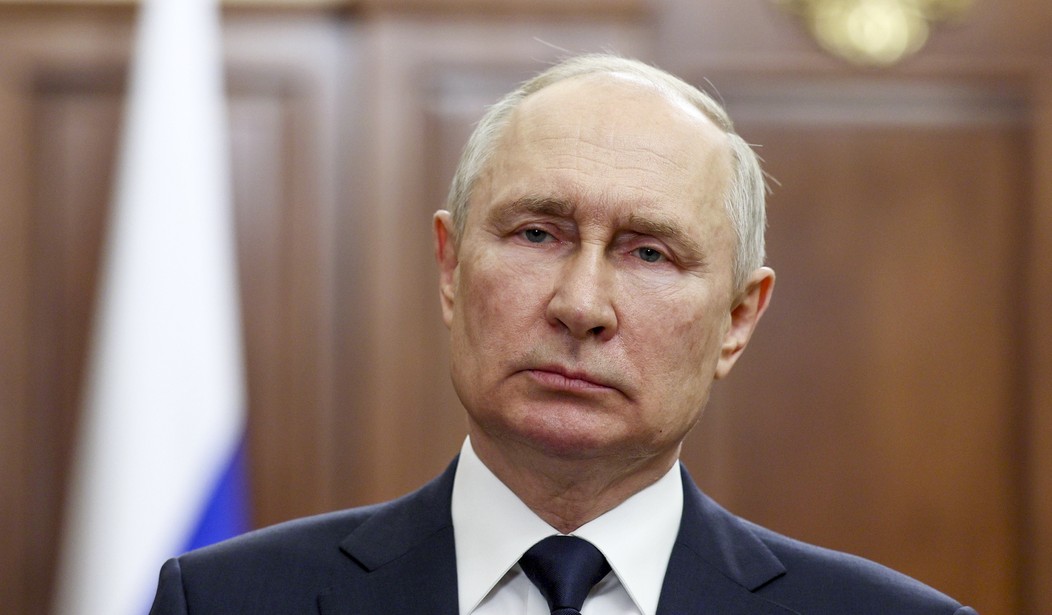A rather bizarre story from the world of espionage came to us from Europe this week, potentially highlighting some national security risks being encountered both at home and abroad. Russian sources leaked an alarming recording of a phone call between British and German military intelligence officials discussing potential military operations in Ukraine. Questions were immediately raised about how such a communications interception could have taken place. This led to some internal accusations in the British Parliament about the security of Germany's intelligence agencies. A diplomatic row ensued, but the Germans have now said that there was no need for the Brits to apologize and the situation was under control. But what really happened to lead to this turn of events? (BBC)
The German ambassador to the UK has said there is "no need to apologise" for security breaches which led to a call between top army officials being leaked by Russian sources.
Miguel Berger told BBC Radio 4's Today programme one of the participants had likely dialled in via an insecure line.
As a result, Russia was able to intercept the call, he said.
In the audio, officials can be heard discussing details of alleged British operations on the ground in Ukraine.
Nobody from either country appears to be questioning the validity of the recording. The contents were a cause for concern, however. The military leaders were talking about the possibility of Ukraine using German-made Taurus cruise missiles to hit the Kerch Bridge. That's some fairly sensitive military planning intelligence. Also, the German Chancellor has been publicly saying that they had ruled out giving Ukraine Taurus cruise missiles. This sort of leak offers Vladimir Putin another avenue to claim that Western allies are plotting against him in secret. (To be fair, he's clearly not entirely wrong about that.)
But that still doesn't answer the question of how the Russians intercepted the call to begin with. The Germans are blaming it on "an individual mistake by one of the officers". As it turns out, the officer in question had joined the call from the hotel where he had been staying and he did so using the hotel's free wifi connection. The military's internal connections are reportedly secure, but the hotel wifi was wide open and the Russians must have been tracking the officer's movements. That seems like a fairly serious error in protocol for someone dealing with sensitive information.
As to the missiles in question, the Taurus has a range of roughly 300 miles and would easily allow Ukraine to strike targets inside of Russian territory. The Brits are warning that introducing those cruise missiles into the formula could open the door to further escalation of the war, potentially dragging NATO allies into the mix. For their part, the Germans are still insisting that they have no intention of giving Kyiv the Taurus cruise missiles, so perhaps the officers were just spitballing hypothetically during the call.
This incident may just blow over as another hiccup during the conduct of a chaotic war. But it should also serve as a reminder that the Russians are always looking for opportunities to gain an advantage in the intelligence game. The Russian Foreign Intelligence Service (SVR) is tasked with conducting espionage outside of Russia's borders and they have agents all over the world. They reportedly have electronic surveillance capabilities every bit as good as the United States and they are not beyond "eliminating" the competition if push comes to shove. It's an ongoing game of cat and mouse where our agents track theirs and their agents track ours. It sounds like the Germans need to up their game a bit because the SVR appears to have gotten the better of them in this instance. So now they must be wondering how much other intelligence Moscow has captured without revealing it to the west.








